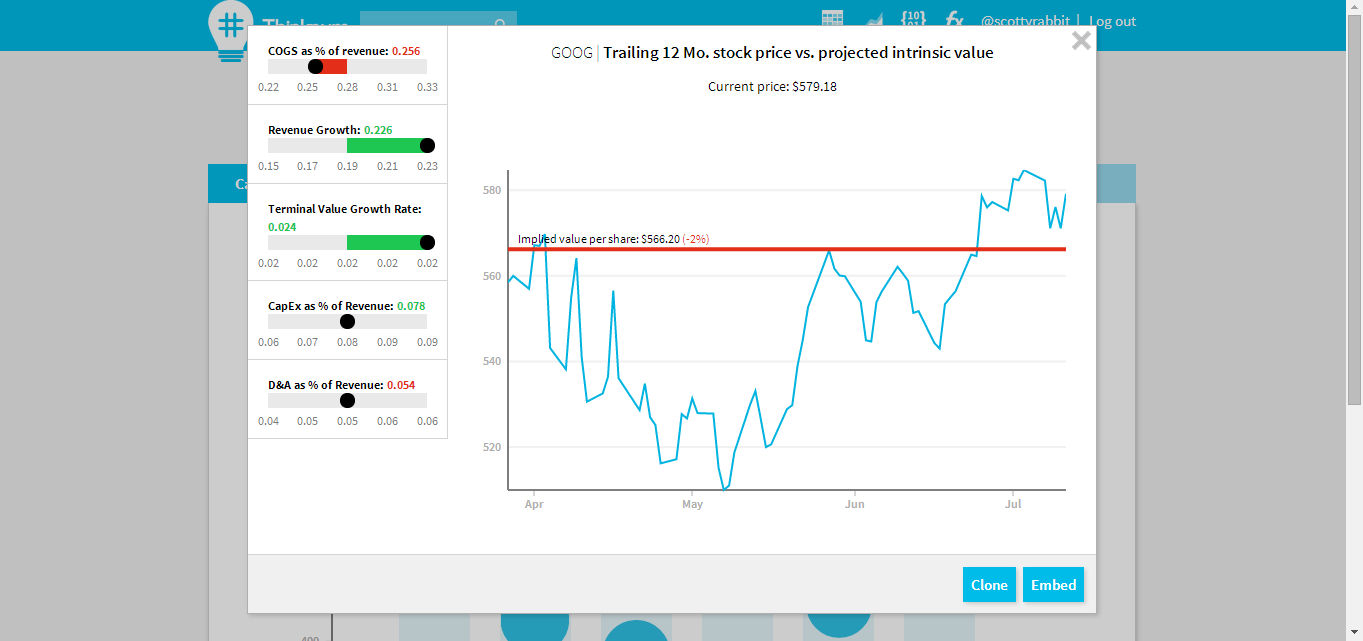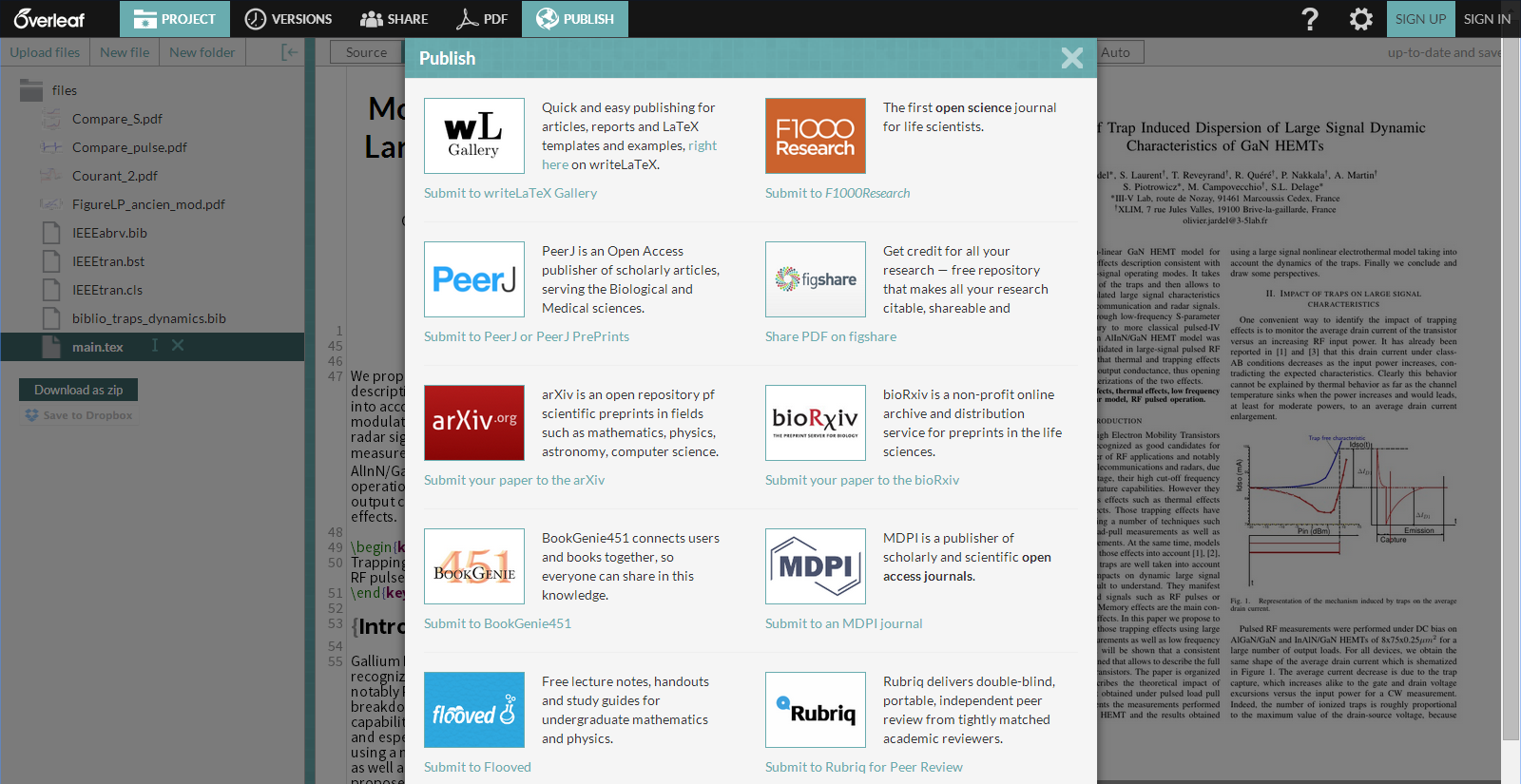 A Q&A with Thinknum co-founder Justin Zhen. The New York City-based startup, which is a Cloud-based financial analysis and research platform for valuing companies, announced in late July that it has closed a $1 million Seed funding round. Investors include Pejman Mar Ventures, which led the round, Signature Capital, Green Visor Capital, 645 Angels, HKB Capital, and 500 Startups. The company was founded in 2013 by former Wall Street analysts Zhen and Gregory Ugwi, and participated in the recently-completed 500 Startups accelerator batch nine.
A Q&A with Thinknum co-founder Justin Zhen. The New York City-based startup, which is a Cloud-based financial analysis and research platform for valuing companies, announced in late July that it has closed a $1 million Seed funding round. Investors include Pejman Mar Ventures, which led the round, Signature Capital, Green Visor Capital, 645 Angels, HKB Capital, and 500 Startups. The company was founded in 2013 by former Wall Street analysts Zhen and Gregory Ugwi, and participated in the recently-completed 500 Startups accelerator batch nine.
SUB: Please describe Thinknum and your primary innovation.
Zhen: Thinknum is a powerful web platform to value companies. We provide data and infrastructure for analysts to host their financial models on the Cloud. We also leverage technology such as distributed computing that allows users to take a model and apply it to thousands of companies.
SUB: Who are your target markets and users?
Zhen: Our target users are financial analysts who put a lot of time and effort in valuing assets by building financial models. Thinknum makes that workflow much more efficient.
SUB: Who do you consider to be your competition, and what differentiates Thinknum from the competition?
Zhen: Greg and I started Thinknum because we saw no solution for managing our own user generated content while we were analysts on Wall Street. Traders and analysts currently use ad-hoc spreadsheets for building models. Thinknum is the first web platform for financial modeling. We are disrupting the $25 billion financial data industry.
SUB: You just announced that you’ve raised $1 million in Seed funding. Why was this a particularly good time to raise funding?
Zhen: We were seeing a surge in users and decided to raise funding to scale our operations.
SUB: How do you plan to use the funds?
Zhen: We will hire software engineers to help support Thinknum’s growth. Now that we have a good number of institutional clients using our features, we will focus on building what they need.
SUB: What was the inspiration behind the idea for Thinknum? Was there an ‘aha’ moment, or was the idea more gradual in developing?
Zhen: My co-founder Greg and I met at Princeton. After graduating, I went to work for a hedge fund while he went to Goldman Sachs, where we saw traders email spreadsheets back-and-forth and update data manually. We came up with a client-server solution ourselves, but analysts started asking us to build it for them, so we left our jobs to roll out that solution by creating Thinknum.
SUB: What were the first steps you took in establishing the company?
Zhen: We initially got colleagues to contribute their financial models. It was really basic now that we look back on it. The demand became so great that we had to start automating that process.
SUB: How did you come up with the name? What is the story or meaning behind it?
Zhen: ‘Thinknum’ stands for ‘think numbers.’ Our vision is to build a web-based computational platform targeted at non-programmers that can be applied across multiple industries. Finance is the industry that we know best and a logical first step.
SUB: What have the most significant challenges been so far to building the company?
Zhen: The most significant challenge was explaining to non-finance people what we were building. However, our target users and those with a background in finance understood right away what we were building.
SUB: How do you generate revenue or plan to generate revenue?
Zhen: When we started, we wanted to create an open platform but didn’t have a set way on how to monetize it. We decided that for analysts who want to control the privacy of their work, we would charge a monthly subscription of $200 per user. Two weeks ago, we launched this paid platform and have seen great demand for this service.
SUB: What are your goals for Thinknum over the next year or so?
Zhen: More of the same. What we have is working, and we intend on doing more of that. Our goal is to get Thinknum into the hands of every financial analyst and make their lives easier.















